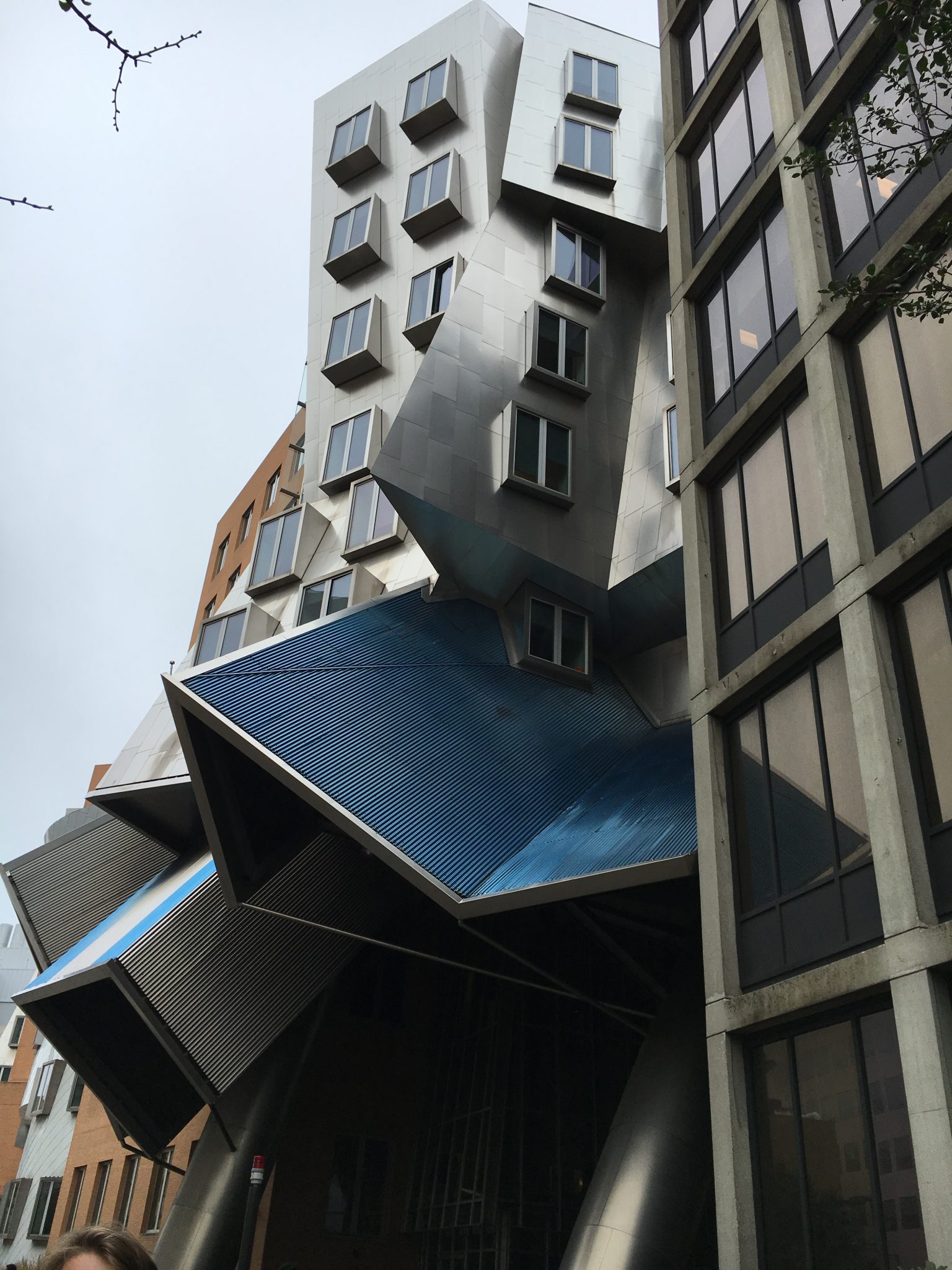Teaser: How does the structure of the social network affect whether a strategic adversary can spread misinformation to manipulate learning? Among other findings, we show that, in general, dense networks thwart attempts from an adversary to mislead. Connecting communities and promoting more dialogue across diverse parties eliminates the appeal of spreading intentional misinformation.
Abstract: We consider a social learning model where agents learn about an underlying state of the world from individual observations as well as from exchanging information with each other. A principal (e.g. a firm or a government) interferes with the learning process in order to manipulate the beliefs of the agents. By utilizing the same forces that give rise to the “wisdom of the crowd” phenomenon, the principal can get the agents to take an action that is not necessarily optimal for them but is in the principal’s best interest. We characterize which networks are susceptible to this kind of manipulation and derive conditions under which a social network is impervious and cannot be manipulated. In the process, we develop a new centrality measure and describe how our model offers insights into designing networks that are resistant to manipulation.
